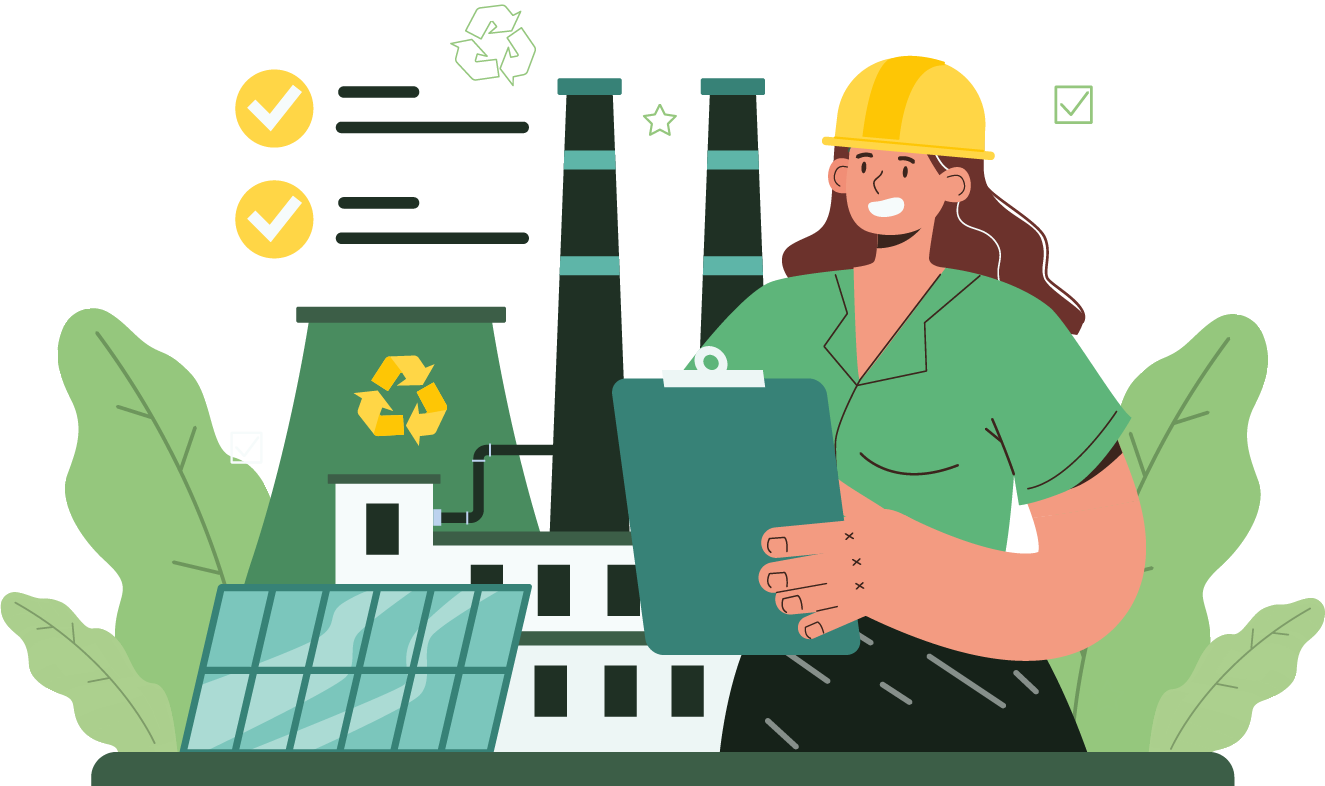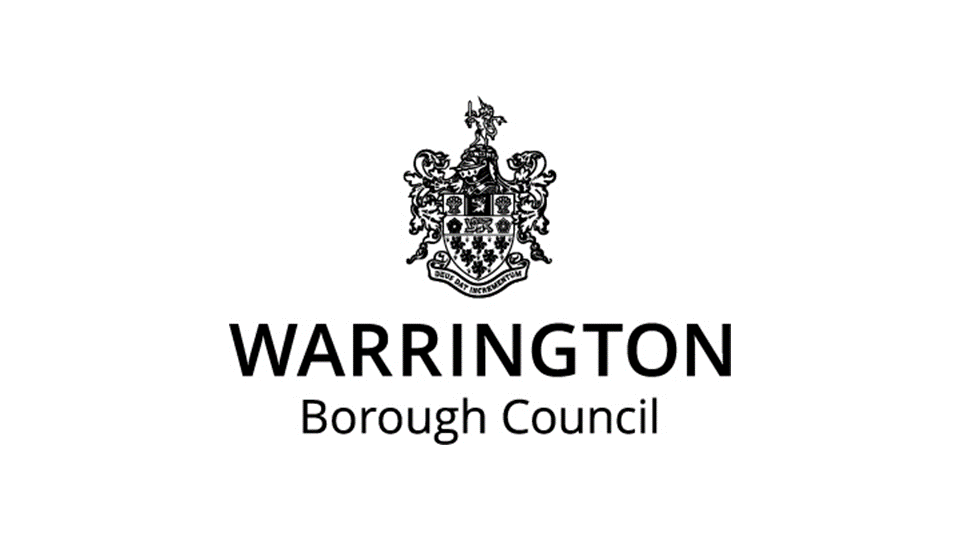
Calculate Your Carbon Footprint
If your organisation is trying to measure, manage and report on its carbon emissions, a good quality Carbon Footprint is the best place to start.
Whether your goal is to satisfy supply chain requirements such as the NHS Net Zero Supplier Roadmap or comply with sustainability reporting standards such as the Streamlined Energy and Carbon Reporting Guidelines, WRM have an experienced team of consultants, ready to support you every step of the way.
Let’s Talk Carbon Footprints
What is a Carbon Footprint?
A Carbon Footprint (sometimes referred to as Carbon Accounting), should act as an evolving document, detailing all direct (what can be controlled) and indirect (what can be influenced) greenhouse gas emissions associated with the activities of an organisation or product.
There are many possible sources of greenhouse gas emissions, and for monitoring and reporting purposes, these are categorised into Scopes 1, 2 and 3.
Carbon Footprint Scopes
Carbon footprints are typically calculated annually for organisations. However, when it comes to products, the approach is slightly different. In these cases, the carbon footprint is assessed on a per-unit basis, whether it’s for an individual product or a specific quantity of units.
1
Scope 1
These are the emissions from sources you own and control and are therefore directly responsible for. For most organisations, this will be any gas heating or fuel oil you burn on-site, and the fuel you use in your company vehicles. If you use industrial refrigeration or air conditioning, refrigerant losses would also be included here, along with any emissions that may be released directly during a manufacturing process.
2
Scope 2
These are the emissions you indirectly produce through the energy you purchase, which for most businesses is solely electricity. By using electricity, you are indirectly responsible for the greenhouse gases generated at source by the energy producer.
3
Scope 3
These are any other emissions you’re indirectly responsible for from sources outside your direct control, e.g. the goods and services you purchase, the distribution and use of your own goods and services by customers, the disposal of your waste, employee commuting or business travel, and so on.

Why Calculate Your Carbon Footprint?
Achieving a robust Carbon Footprint supports the UK’s Net Zero target by 2050 and offers significant commercial advantages. For contracts over £5 million, the Procurement Policy Note (PPN 06/21) requires a Carbon Reduction Plan based on your Carbon Footprint.
The NHS, under the Health and Care Act 2022, mandates:
- Trusts and ICSs must reach Net Zero by 2040 (Scope 1 & 2) and 2045 (Scope 3).
- Suppliers must comply with the Net Zero Supplier Roadmap.
Positioning your organisation as a Net Zero leader can enhance commercial value, supported by voluntary reporting agreements like the Streamlined Energy and Carbon Reporting, Carbon Disclosure Project, and Science Based Targets Initiative.

Why Choose WRM?
Our Carbon Footprint experts have been calculating the Carbon Footprint of products and services at WRM for over a decade.
Our bespoke in-house carbon calculator tool has been developed in line with internationally recognised ISO Standards for carbon calculation and been applied in multiple sectors across the world.
Your reported Carbon Footprint must be credible, and at WRM we employ science based calculation methodologies that align with international best practice, providing assurance in the accuracy of your data.
Partner with us to set clear boundaries for your assessment. We deliver a comprehensive emissions inventory with a transparent rationale, ensuring easy auditing and seamless comparison with future data.
Benefits of Carbon Footprinting
Qualify Your Impact
Identify Improvement Hotspots
Meet Procurement Requirements
Our Partners







Recent Projects
Check out some of our recent projects to learn more about our diverse experience.

Duranta Teeside – Regulation 61 Response
Brief The latest Best Available Techniques (BAT) Reference Document for…
Read More

Avison Young – Site Waste Identification & Management
Avison Young approached WRM to conduct a review of waste…
Read More

KWM – Planning Application Support
Brief Consultancy support was required by Kemp Waste Management (KWM)…
Read More

Biowise – M9 Standard Bioaerosols Monitoring
The Brief WRM have been conducting bioaerosols monitoring at Biowise’s…
Read More

Warrington Borough Council – Residual Waste, Dry Recycling and Food Waste Procurement Support
The Brief WRM were appointed by Warrington Borough Council to…
Read More

High Hedley Biogas – PAS 110 Certification
The Brief PAS 110 certification allows operators of Anaerobic Digestion…
Read More
I have worked with WRM for a number of years and always found them to be knowledgeable and hardworking. This was no different whilst working on multiple projects all at the same time.
WRM provided excellent technical input to our project to help us understand, and reduce our carbon footprint. The works signal the start of our journey, and we continue to work with WRM to improve our environmental performance and implement our committed reduction actions.
Reducing utility costs and being greener are important to the Oulton Group; but with two busy practices it’s difficult to know where to start. WRM gave clear and detailed recommendations, cost and carbon savings and payback timescales to really help us to know where to focus our time and resources.
I was very happy with the service that WRM provided when assisting the Trust to develop our Green Plan. They carried out a thorough assessment of carbon emissions and provided a pathway to allow us to meet the challenge of achieving net zero. The consultants involved in the project were highly knowledgeable and extremely professional.
Contact Us
If your organisation is interested in a free no-obligation consultation with one of our experts, contact us today.
- 01943 468138
- enquiries@wrm-ltd.co.uk
-
18 Manor Square,
Otley,
West Yorkshire,
LS21 3AY